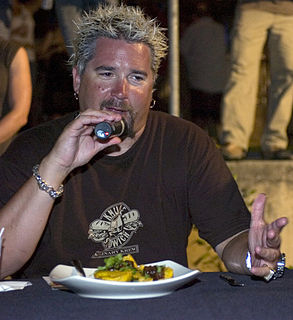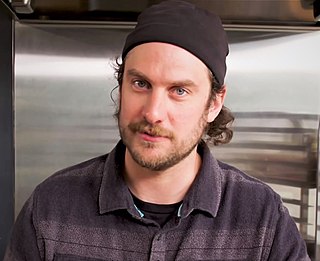A Quote by Lidia Bastianich
Kids today are really so alienated from the source of food. If they are going to nourish themselves properly, if they are going to safeguard this environment we have and the economy that goes with it and world hunger that goes with it, they need to know about food.
Related Quotes
We need to realize that these industrial methods of farming have gotten us used to cheap food. The corollary of cheap food is low wages. What we need to do in an era when the price of food is going up is pay better wages. A living wage is an absolutely integral part of a modern food system, because you can't expect people to eat properly and eat in a sustainable way if you pay them nothing. In fact, it's cheap food that subsidized the exploitation of American workers for a very long time, and that's always been an aim of cheap food.
Almost certainly, the first essential component of social justice is adequate food for all mankind. Food is the moral right of all who are born into this world. Yet today 50 percent of the world’s population goes hungry. Without food, man can live at most but a few weeks; without it, all other components of social justice are meaningless.
I'm against the theory of the multinational corporations who say if you are
against hunger you must be for GMO. That's wrong, there is plenty of
natural, normal good food in the world to nourish the double of humanity.
There is absolutely no justification to produce genetically modified food
except the profit motive and the domination of the multinational
corporations.






































